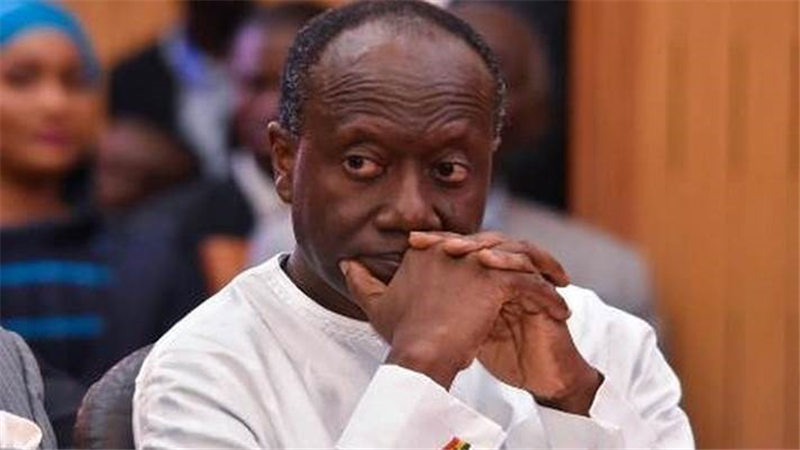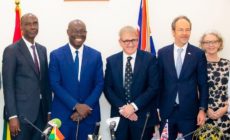Agyapa deal wasn’t rushed – Finance Minister
- Posted on
- Comment

Finance Minister Ken Ofori Atta has dismissed claims that the government rushed the Agyapa Royalties agreement.
He said discussions and deliberations on the deal started as far back as in 2018, therefore it cannot be described as an agreement that was prepared hastily.
Ghana’s legislature approved the controversial Agyapa Mineral Royalty Limited agreement Friday, August 14 despite a protest from the Minority.
Based on the agreement, Agyapa Royalties Limited (ARL) will trade shares on the Ghana Stock Exchange and the London Stock Exchange for private people to buy. But the Mineral Income Investment Fund(MIIF) will remain the majority shareholder.
The Minority said the deal makes it impossible for a future government to replace managers of Agyapa Royalties Limited although the Minerals Income Investment Fund will remain the majority shareholder.
The flagbearer of the National Democratic Congress (NDC), John Dramani Mahama, has also questioned the deal and said he will not recognize it in case he wins this year’s polls.
A group of CSOs led by Dr. Steve Manteaw, Chairman of the Civil Society Platform on Oil and Gas, noted that the government of Ghana and Parliament rushed in approving the controversial Agyapa Royalties agreement.
Speaking at a press conference on Tuesday, August 25, Dr Manteaw said: “What we are telling government is let’s slow down…let’s have more transparency, more consensus building around the approach before we go forward with the approach.
“I don’t know of any national emergency that warrants that we should rush the process to raise funds for development.”
But speaking at a press conference in Accra on Thursday, August 27, Mr Ofori-Atta said: “The deal was not rushed because we have been working at this since 2018 which it has been very public regards to parliamentary. I am sure we can always do more.
“As we are saying we are a government that for the first time the Ministry of Finance has signed a partnership agreement with trade unions and labour in which we look at our economic policies before we even come out.”
By Laud Nartey










 (Selorm) |
(Selorm) |  (Nana Kwesi)
(Nana Kwesi)